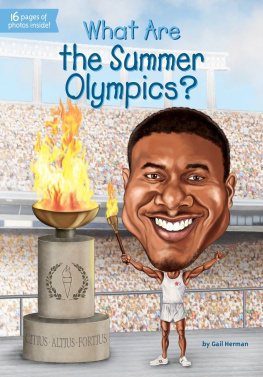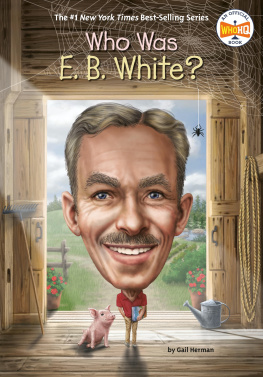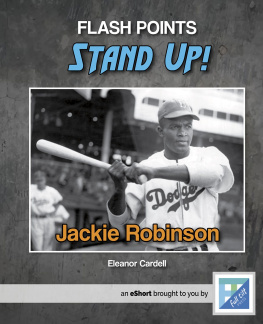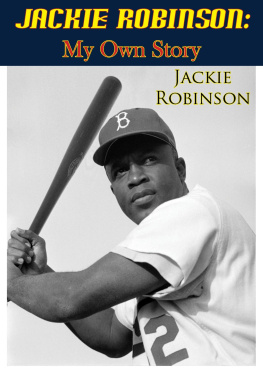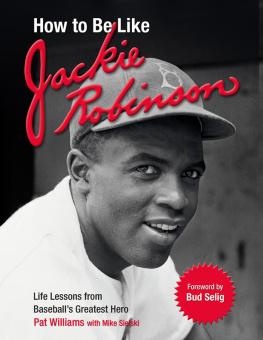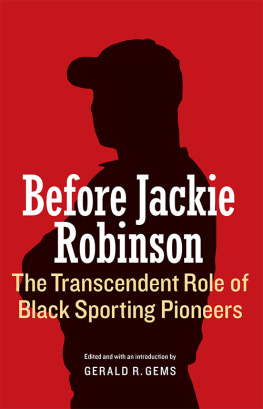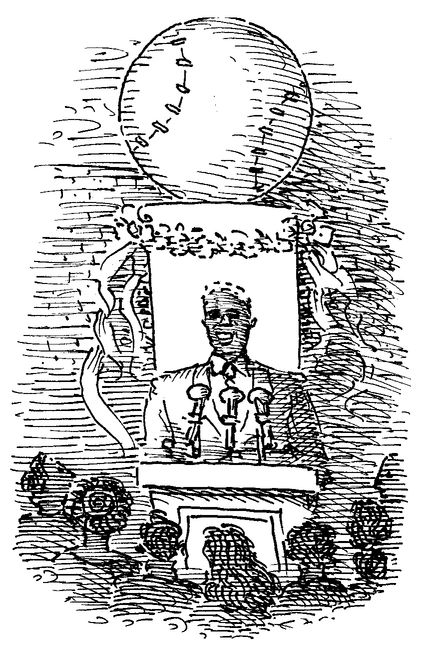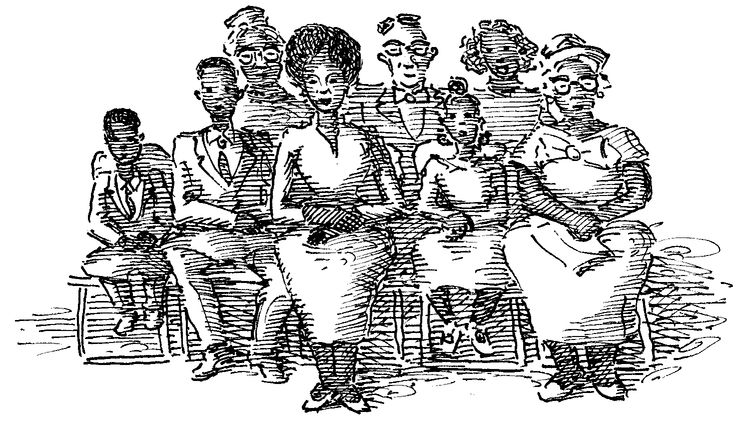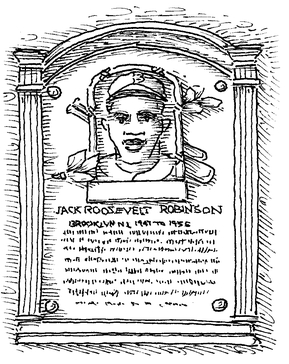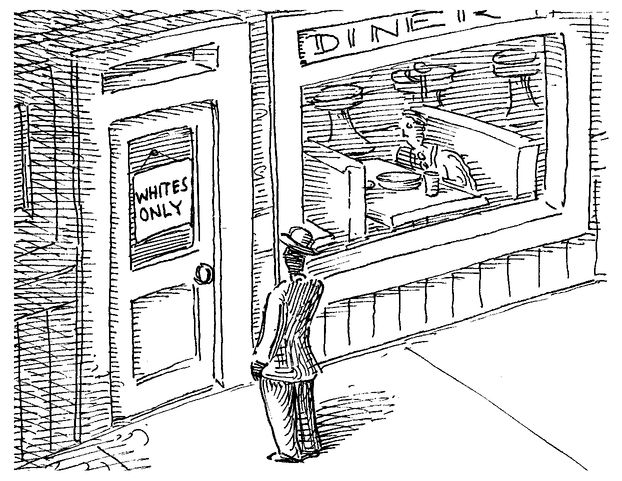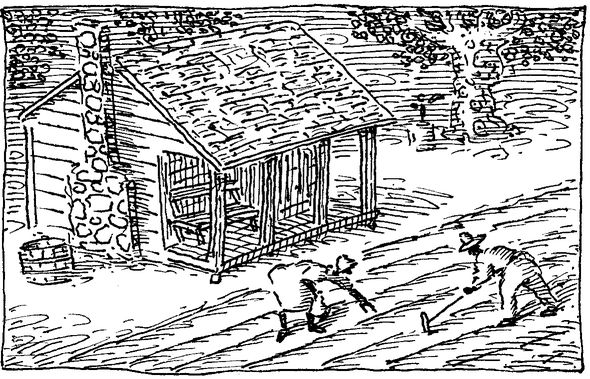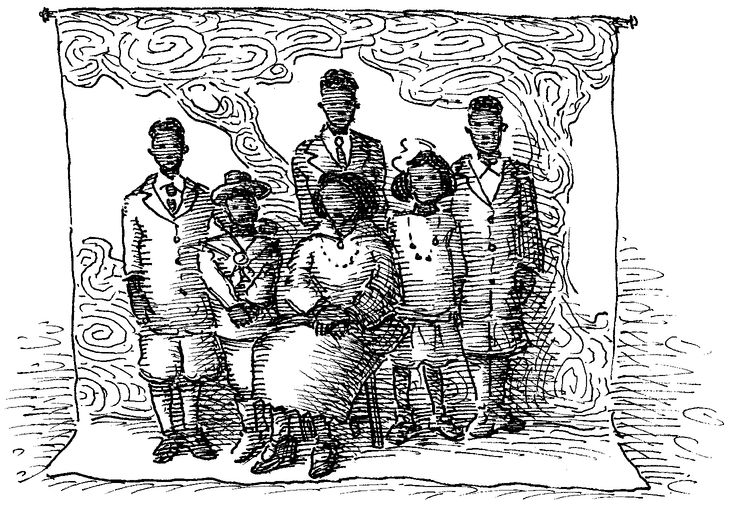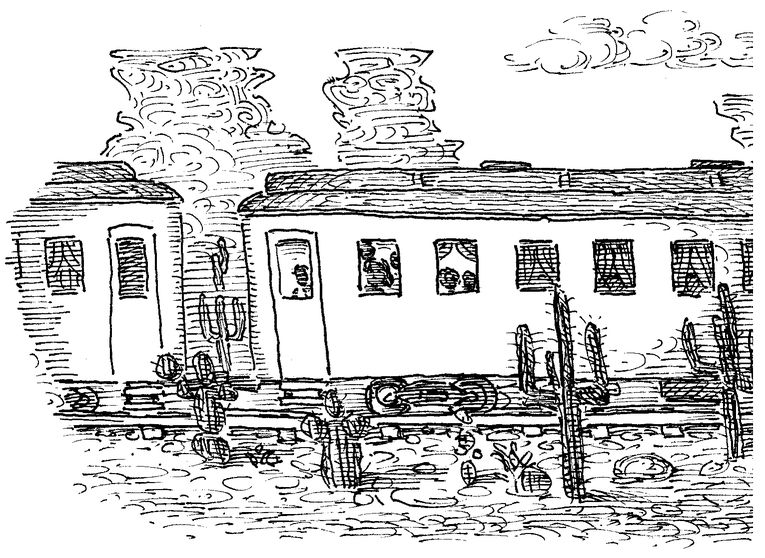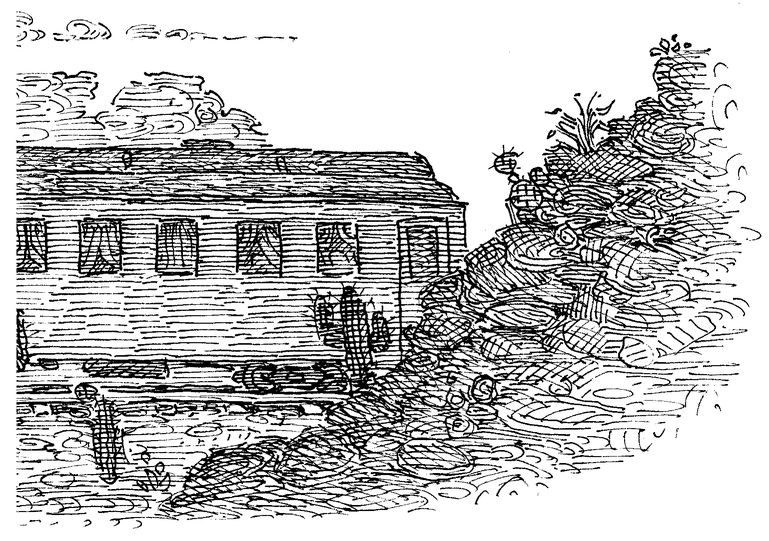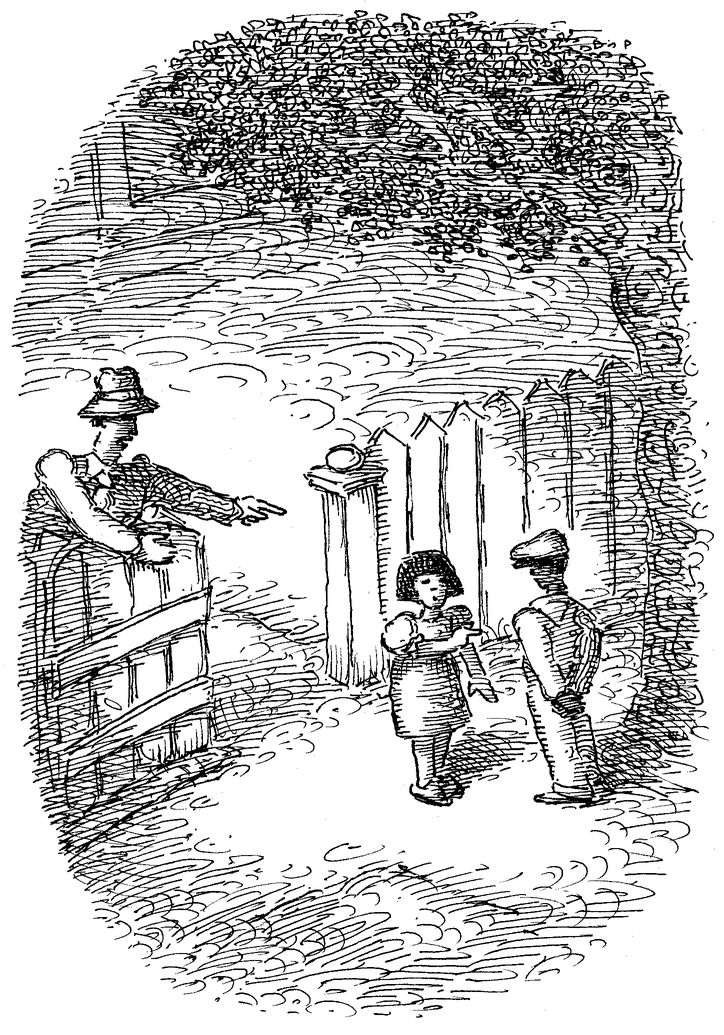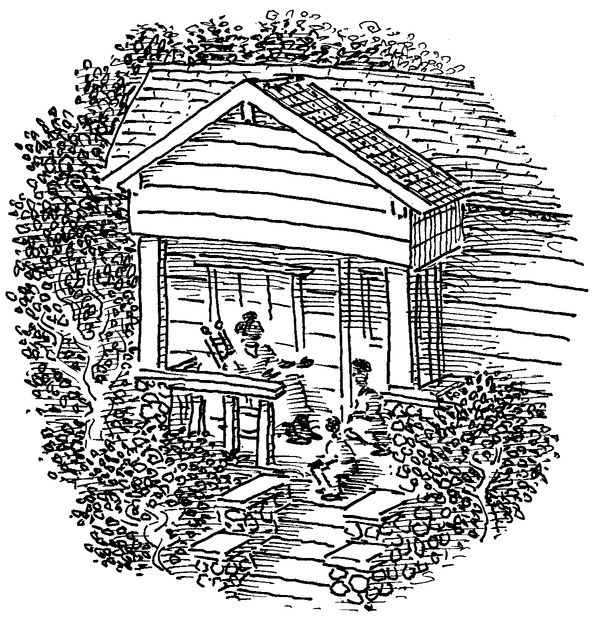Table of Contents
For Bennett, Lizzie, Sam, and JeffGH
For LindaJO
Who Was Jackie Robinson?
JULY 23, 1962: NATIONAL BASEBALL HALL OF FAME AND
MUSEUM, COOPERSTOWN, NEW YORK
Jackie Robinson stepped up to a mic, not home plate. He wore a suit and tie, not a baseball uniform. At forty-three years old, Jackie had been retired from the Brooklyn Dodgers for five years. Yet the crowd cheered as loudly as if hed just hit a World Series home run.
Jackie faced the smiling crowd. About two thousand people had gathered on Main Street in Cooperstown, New York. They were sitting and standing on the lawn in front of the National Baseball Hall of Fame and Museum. Jackies mother, wife, and children were there. So was Branch Rickey. He had hired Jackie. Many people who didnt know Jackie had also traveled long distances to see him enter the Baseball Hall of Fame.
Jackie felt proud and grateful. Growing up, he never thought something like this could happen to him. He thanked everyone: all of the people, he said, throughout this country who were just so wonderful.
Baseball is a game of highs and lows, streaks and slumps. Its a tough sport, and it was tougher for Jackie than for any other ballplayer of his time. Why?
Jackie Robinson was black. In 1947, when he joined the Brooklyn Dodgers, he was the first and only African American on the team. No other major league team had black players. It was an all-white sport. And it had been that way for more than fifty years.
When Jackie was growing up, blacks and whites did not have the same chances in life. And in baseball? No blacks played on National or American League teams. Many people thought black athletes didnt have the talent, drive, or smarts.
Jackie proved these people wrong and made history. Now, in Cooperstown, Jackie was making history again. He was the first black baseball player to enter the Hall of Fame. The plaque for Jackie listed all of his amazing stats. However, there was nothing about being the first black player. Jackie hadnt wanted any mention of that. He wanted the plaque to honor his ability, the same way it did for every other Hall of Famer.
But there was no denying itJackie Robinson changed sports history.
He was not only a baseball hero. He was a civil rights hero, too.
JIM CROW LAWS
IN SOUTHERN STATES, BLACKS AND WHITES MOSTLY LIVED SEPARATE LIVES. THERE WERE MANY RULES ABOUT WHERE BLACK PEOPLE COULD AND COULD NOT GO. THEY COULDNT GO TO SCHOOL WITH WHITES. THEY COULDNT EAT IN WHITES ONLY RESTAURANTS OR DRINK FROM WHITE WATER FOUNTAINS. EVEN IF BLACKS PAID FOR FIRST-CLASS TICKETS ON A TRAIN, THEY HAD TO SIT IN A SPECIAL CAR. THESE RULES WERE CALLED JIM CROW LAWS. MOST LIKELY, THE NAME JIM CROW CAME FROM A CHARACTER IN AN OLD SONG-AND-DANCE SHOW. JIM CROW WAS A FOOLISH, GRINNING CLOWN, MADE UP WITH A BLACK FACE.
Chapter 1
Born in the South
On January 31, 1919, Jack Roosevelt Robinson was born in the town of Cairo, Georgia. For a black family, living in the Deep South was tough. Jackies grandparents had been slaves. His parents farmed land as sharecroppers. That meant they didnt own their small piece of land. A white farmer did. Jackies mother and father would plant and hoe and harvest the crops. Then they had to give part of their earnings to the farmer. There was never much money left over.
MACK, JACKIE, MALLIE, EDGAR, WILLA MAE, FRANK
Jackie was the youngest of five children. Brothers Edgar, Frank, and Mack came first. Then sister Willa Mae was born, and, finally, Jackie.
There were many mouths to feed. Life got tougher when Jackies father walked out the door and never came back. Now his mother, Mallie, had to care for her children and run the farm all by herself.
The 1920s were a scary time to live in Georgia if you were black. There were race riots. White people burned down black churches and schools. Mallie wanted her children to be safe. She wanted them to feel equal to everyone and anyoneno matter their skin color.
What could she do? Where could Mallie find a better life for her kids?
Mallie had relatives in southern California. Shed heard things were different there for black people. So she packed up all the family belongings.
Jackie was only sixteen months old when the Robinson family boarded a train that would take them all the way across the country. At midnight, the number fifty-eight train headed west.
The trip took more than a week! Finally the Robinsons passed through Los Angeles. It was nighttime. Lights were glowing up and down the mountainsides. Mallie thought it was so beautiful. She had only three dollars in her pocket. But she had hope.
Chapter 2
A New Home
Mallie found work as a maid. She also took on cooking and cleaning jobs. Soon she was able to buy a house in Pasadena, ten miles from Los Angeles.
All the Robinsons neighbors were white. And most werent happy when the family moved in. Some even tried to make the Robinsons leave. They called the police when the children played in the street. Too noisy, they said.
Other kids sometimes called Jackie names. Once, when he was eight years old, a white girl shouted the most hateful word Jackie knew right at him. He wasnt afraid to answer back.
Mallie always stood up for her family. But she was calm and polite. Over time, the neighbors grew to respect Jackies mom. The family settled in. They grew fruits and vegetables in the yard. Mallie sat in a rocking chair on the front porch and told stories.


